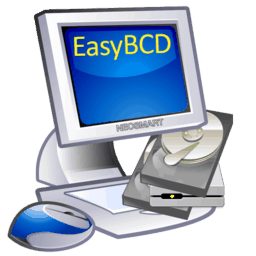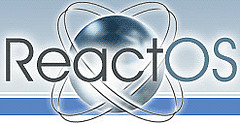Many people love the ease and security of using Internet Information Services 6 server on Windows 2003. Adding PHP and ASP support is a cinch, and in no time at all, IIS 6 can serve anything you throw at it – except JSP files of course. By no stretch of imagination is getting JSP running invisibly with IIS 6 an easy job, and here’s the best way to do it.
In this guide, we’ll be using IIS 6 on Windows Server 2003 with SP1 installed, together with the Tomcat servlet engine (version 5.5.17 stable) to parse the JSP files that IIS may encounter. It covers all the prerequisites and how to get them up and running.


 What better way to celebrate our brand-spanking-new
What better way to celebrate our brand-spanking-new 
